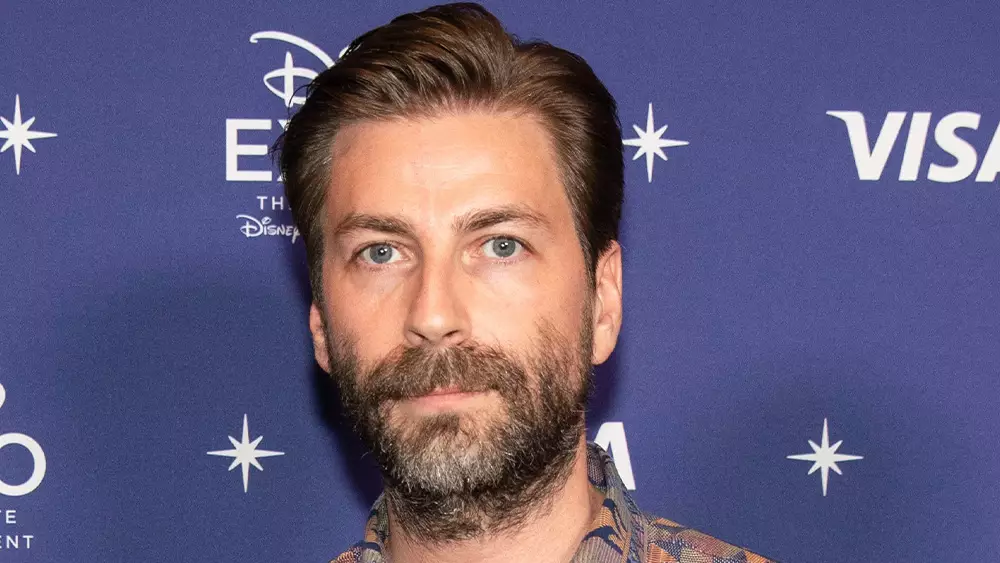Jon Watts, known for his successful direction of the Spider-Man franchise featuring Tom Holland and Zendaya, recently found himself at a crossroads in his career. With the release of ‘Wolfs’, a much-anticipated film starring George Clooney and Brad Pitt, he took a notable turn to a project backed by Apple. The film has achieved remarkable viewership numbers, being touted as the most-watched feature on Apple TV+ to date. This success, however, has been overshadowed by a whirlwind of developments that left not just fans but also Watts and the cast caught in a web of disappointment regarding a sequel that will never materialize.
It’s crucial to recognize how quickly relationships can shift in Hollywood, especially as streaming platforms redefine industry norms. Wat’s initial excitement about continuing the story of ‘Wolfs’ soon fizzled out due to the unexpected changes in release strategy from Apple. The move from a theatrical release to limited screening provided a stark reminder of the unpredictable nature of today’s entertainment industry. With ‘Wolfs’ making waves in the digital realm, it raises questions about the future as studios balance financial considerations against audience engagement.
Watts recounted his shock upon discovering that Apple had altered its strategy for distributing ‘Wolfs’. This unexpected pivot from what was promised as a wide theatrical release to a more modest streaming rollout came with little to no prior notification. Such decisions are often surrounded by intricate negotiations and substantial financial implications, and potentially indicate a deeper disconnect between creative expectations and corporate strategies.
Astute industry observers may draw direct comparisons to other notable cases, such as Doug Liman’s dispute with Amazon regarding his Road House remake. Liman too faced adversity after his project was relegated to streaming despite having secured commitments for a theatrical launch. This pattern demonstrates a growing tension between directors who aspire for grand releases and the corporations keen on controlling costs and maximizing their streaming infrastructures.
The dialogue surrounding these events encapsulates a larger conversation about what filmmakers now face. When budgets rise and the stakes are high, filmmakers often walk a tightrope between their artistic vision and the demands of the studio. From Watts’s perspective, expressing disappointment does not undermine his pride in ‘Wolfs’; rather, it echoes the sentiment of many creatives working under similar constraints in an evolving landscape.
In his exclusive comments, Watts indicated his surprise that the announcement regarding a sequel occurred with little consultation. The abruptness of the announcement reflects an almost transactional approach to filmmaking, where corporate interests can overshadow the narrative and relationships that form throughout the creative process. In Watts’s case, his request to delay the announcement of the sequel, in a bid to maintain control over the project’s narrative, was overlooked, fueling frustration and leading him to return the money initially allocated for the sequel.
With a clear illustration of his dedication to both the film and its cast, Watts remains hopeful about future collaborations, stating that he would be open to working again with Clooney, Pitt, and their team. The film industry needs directors like Watts, who bring not only their vision but also adaptability to an unpredictable market. As Apple shifts its focus towards projects like Brad Pitt’s upcoming ‘F1’, the question looms large: how will these early missteps impact the future of their cinematic endeavors?
Watts’s journey thus serves as a microcosm of the broader tensions within the entertainment industry. The stark contrast between high-profile projects and their distribution pathways hints at a reckoning for filmmakers navigating these new waters. With consumers increasingly finding solace in streaming, and platforms vying for attention, the road ahead for directors caught in the crossfire of evolving corporate strategies will undoubtedly be complex. As the industry continues to adjust to this chaotic reality, the voices of filmmakers like Jon Watts will be essential in ensuring that storytelling maintains a central place, regardless of the medium through which it reaches audiences.

